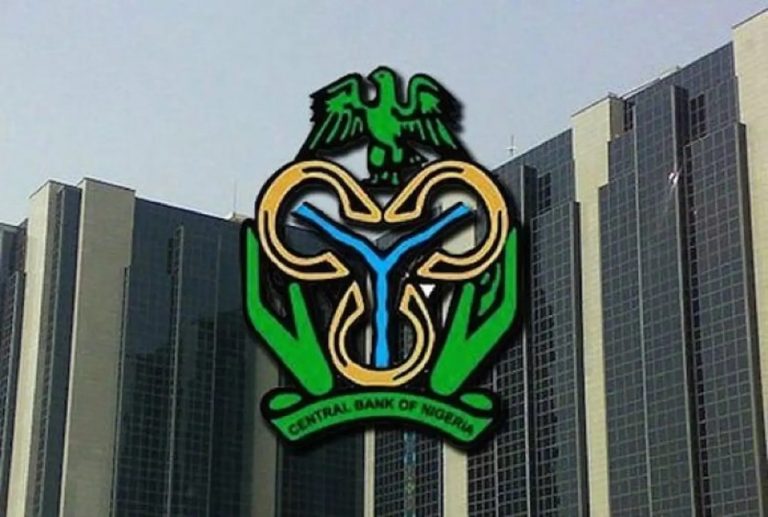
In a bid to address the challenges in Nigeria’s foreign exchange market, the Central Bank of Nigeria (CBN) has unveiled stringent measures targeting transactions related to overseas education and medical expenses.
These measures, part of the CBN’s revised regulatory guidelines for Bureau De Change (BDC) operators, aim to curb significant outflows of foreign currency and stabilize the value of the Naira.
“BDCs may sell foreign currency up to the equivalent of USD10,000 to a customer for school fee once a year. Such fee, which shall be transferred from the BDC’s domiciliary account with a Nigerian bank, shall be paid directly to the school,” the proposed guideline said.
Tekedia Mini-MBA edition 14 (June 3 – Sept 2, 2024) begins registrations; get massive discounts with early registration here.
Tekedia AI in Business Masterclass opens registrations here.
Join Tekedia Capital Syndicate and invest in Africa’s finest startups here.
Similarly, the guideline highlighted the imposition of a limit of $5,000 per annum for foreign currency transactions for medical bills abroad.
“Funds for medical bills will be transferred directly from the BDC’s account to the medical facility,” it explained, adding that it must be supported by comprehensive documentation, including a completed e-Form A, a referral letter from a recognized specialist doctor or hospital in Nigeria, valid travel documents, and a letter from an overseas medical professional detailing the cost of treatment.
Recently, the central bank has announced a series of new guidelines, changing existing rules. CBN governor Yemi Cardoso, said these measures are essential to mitigate the challenges posed by significant outflows for foreign education and medical tourism, which have contributed to the depreciation of the Naira beyond N1,600 in the official market.
The apex bank head said in recent years, approximately $40 billion has been directed towards these sectors. He explained that such massive outflows have exerted immense pressure on the country’s foreign exchange reserves and have contributed to the depreciation of the Naira, impacting the economy at large.
The proposed regulations also affect International Money Transfer Operators (IMTOs), including major entities like Western Union and MoneyGram, restricting their services to inbound transfers with mandatory Naira payouts. Additionally, the issuance of Personal Travel Allowance (PTA) and Business Travel Allowance (BTA) will no longer be in cash but through electronic means.
Analysts anticipate that these measures could have significant implications for Nigerian international students. With the Naira facing substantial devaluation against the dollar, the proposed $10,000 yearly limit for international study fees may present challenges as the BDCs are major source of FX for many international students.
In light of the current exchange rate, $10,000 is nearly equivalent to N18 million. This means that Nigerian students may require more than a year to receive sufficient outbound funds to cover their annual school fees, potentially delaying their education plans and increasing financial burdens.
In response to the proposed regulations, stakeholders have expressed concerns about the potential impact on access to quality education for Nigerian students studying abroad, particularly some students from low-income backgrounds who rely on foreign exchange transactions to fund their education overseas.
While the measures aim to stabilize the Naira, it is believed that they could inadvertently restrict opportunities for educational advancement.
Furthermore, there are concerns regarding the effectiveness of the proposed measures in addressing the root causes of currency depreciation and foreign exchange instability. While these measures may offer temporary relief to the foreign exchange market, experts believe that they do not address underlying economic challenges such as inflation and fiscal deficits.
Against the backdrop of the implications of these measures, stakeholders said there is a need for a balanced approach that ensures the stability of the Naira without compromising access to quality education for Nigerian students. They said comprehensive economic reforms are necessary to ensure long-term stability and sustainable growth.



